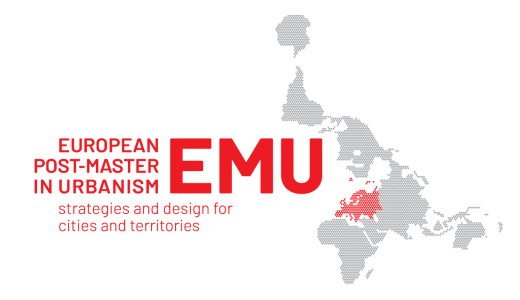Water and the city of Pune.
Aditya Suresh Deshmukh
Mentors
Daan Zandbelt (TUDelft) – Stephen Read (TUDelft) – Bernardo Secchi (IUAV)
In the present disturbed terrain due to the urbanization process and continued rise in population, there is an urgency to find a dynamic balance between the city and nature. As a key element of nature, water will play a major role in this rebalancing. The meaning of water in the Indian context, from being a source of life, key stone of the constructed urban tissue has changed over time to be the subject of negligence. What are the urban processes that can be held responsible for this change?
To understand this, historical changing context of water with the city of Pune was scrutinized. This not only highlighted the changing relation of the city with water, but also helped comprise and define the problem field through sequential overlapping of the same. The historical periods defined were based on the major transformations happened during different political rules in the city. Hence, each era was theoretically reviewed, interpreted and subsequently hypothesized, highlighting the dominant spatial character of that period. The overall historical background was postulated with precise observations that led to the formation of research questions for the following analysis and design interventions.
The strategy is built on the lessons learnt from the past with the conflicts occurring at present, for a resilient future. In the strategy, the reciprocities between Community, Economy and Ecology play a pivotal role in mitigating the conflict between city and nature. Consequently three design case studies tested the strategy addressing the problem not only on three different scales, but also with three different approaches, which is along the stream (Informal settlements, Community), along the river (riverfront along the historic city centre, Economy) and the confluence of two rivers (Green Heart within the city, Ecology).





